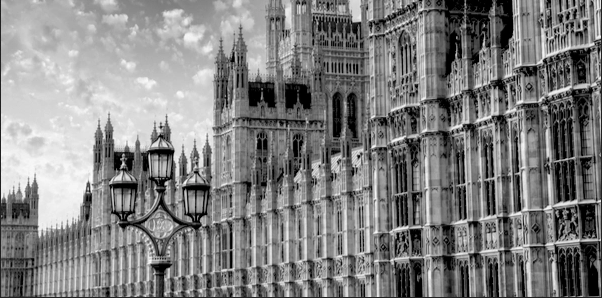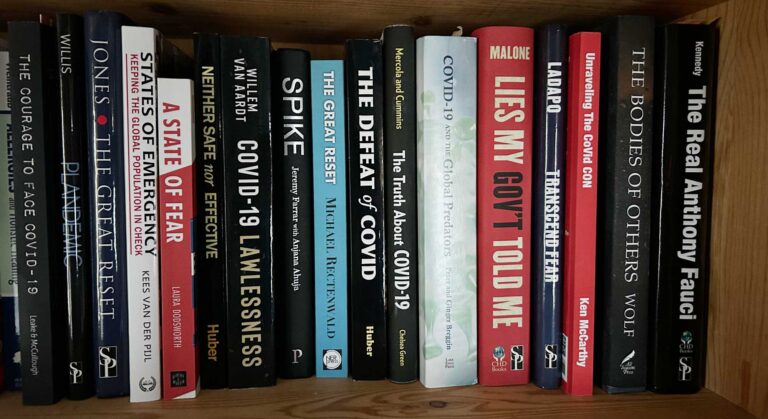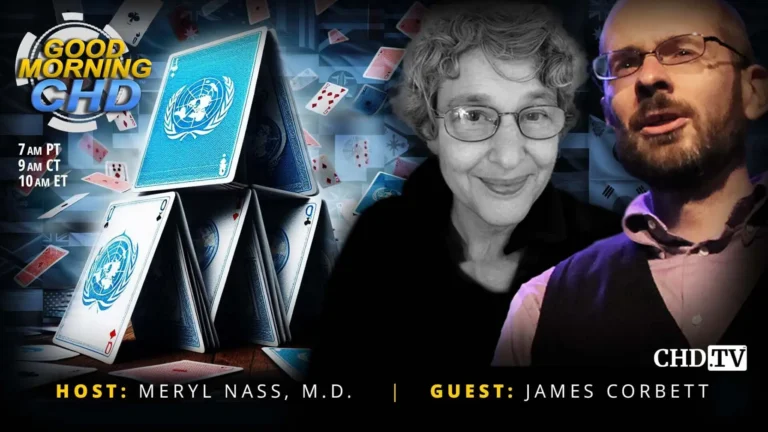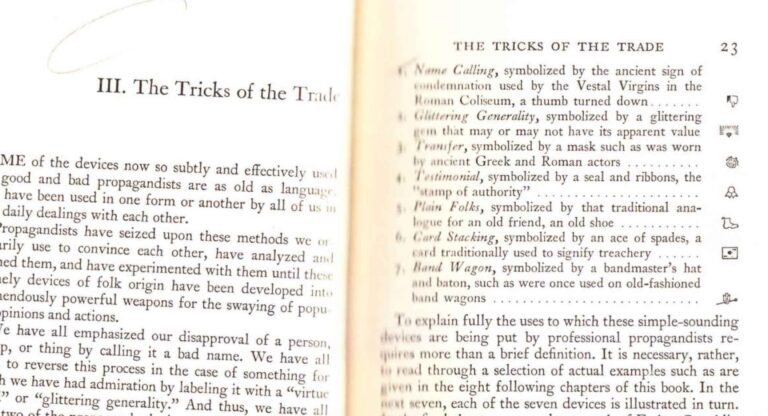This article was first published on TCW Defending Freedom and republished here by kind permission.
A FEW months ago I wrote here about how William Hague had become a Davos poster boy. I explained how influence and groupthink could turn a libertarian Thatcherite into a globalist, authoritarian technocrat.
Shortly afterwards, Hague completed one of the most astonishing U-turns in politics. In a dangerous step towards a Chinese-style social credit system, he joined Tony Blair to help him force ID cards on the public.
How people change. In 2004 he voted against Blair’s Identity Card Bill. He voted against it again in 2005. In fact when he was in opposition in 1998, this is what he thought he believed:
‘For when we listen to Britain, we are listening to the defenders of liberty and freedom. In the face of this Government’s attitudes we must make sure we are seen as the party of personal liberty. For the British Way is to keep Government in its proper place – as the servant, not the master . . . make sure Government minds its own business so that people can get on with minding their own.’
However, by 2013, Hague was rejecting claims that the government were spying on the public. The fatal words were ‘law-abiding’ citizens have ‘nothing to fear’. The perennial defence of the dictator.
When politicians ask why no one trusts them any more, you can reply in two words: William Hague. At least Blair has been consistent.
Even more astonishing, this transformation has swept across the entire political class. Their loyalties now lie elsewhere. Many MPs don’t even realise how their thoughts have been reordered or how far they have drifted from the rest of us. They are in a state of what Marx would call ‘false consciousness’.
That is why Sir Keir Starmer can say openly in public that no one cares about the transgender debate. Or that he prefers Davos over Westminster – a shadowy, unelected body rather than the mother of parliaments.
Enoch Powell’s (quoted) words ring truer every day: ‘Those whom the gods wish to destroy, they first make mad’. Watching the Andrew Bridgen saga, it seems we have reached Biblical levels of sin. One man out of 650 in parliament is now able to speak the truth and he is shunned for it.
Most have no idea how this kind of thing can happen. Neither did I. But things have become clearer.
MPs, ministers, civil servants, special advisers, think tanks, quangos, NGOs, industry groups, unions, MSM, charities, lobbyists, consultancies and more are all the ‘crooked timber’ of humanity.
They need to be accepted. To belong. They are greedy. Angry. Ambitious. Fearful. Vain. Vulnerable. Most of them are utterly enslaved by ego. They want what they don’t have. They don’t want what they do have. They are easily manipulated.
But how? Huge incentive levers. Emotional, financial and moral. We all want power, status, popularity and wealth to some degree. We are all vulnerable to peer pressure. Many are attracted to ideas that promise a better tomorrow. That is why the Labour Party can rely on so many youth activists. Our ability to deceive ourselves knows no bounds.
These levers are part of our cultural machinery. Thousands of organisations orbit around political parties and institutions like different fan clubs for a football team. Youth groups, business advocacy groups, industry groups, single-issue pressure groups and interest groups such as Conservative Friends of China. In this universe you form new networks, incentives, views and habits. You learn how to climb the ladder. It is an entirely transactional world. It encourages both conformity and self-interest.
This is where the influencing process starts. And politics comes cheap. I remember a candidates’ drinks reception at Conservative Conference. The sponsors had stumped up £5,000 for some booze. To see party officials fawning all over them was distasteful and bewildering.
That’s the bottom of the greasy pole. So imagine what millions of dollars can buy you. At the top are organisations such as WEF Young Global Leaders and the British-American Project for the Successor Generation. If you have any real ability you move fast. Some are anointed. Some are head-hunted.
The higher you go, the better it gets. You are wined and dined. Introduced to famous people. Private lunches with billionaire donors. Luxury overseas trips. They talk about your future, your ability and talent. You practise your speeches in front of the mirror. You get an appointment with the Prime Minister. The head of the Civil Service calls you up. You are living the dream. You already have quite an address book too.
Your new social ecosystem has huge emotional power over you. It gives you a new identity. You come to depend on it and self-regulate to stay part of it. That means we nudge our beliefs a tiny bit every day. It becomes a habit. It’s the banal way in which humans function.
Then you meet the serious guys who hide behind the scenes. ‘Do you have any skeletons in your closet? We need to know in case the lefties do a hatchet job on you.’
A few months later you get some instructions you don’t like. You protest. You are told to do it, or things could get nasty. You ask yourself, ‘Have I just been threatened?’ You aren’t sure. But you tell your first half truth anyway.
It feels bad. But you do it again. After all, the means justify the end. Politics is always about compromise. And often you are too overwhelmed to take on another fight.
Congratulations. You have changed your belief system. You are one of them.
How do I know? I have just described my life from 2007 to 2015 as a Conservative Party candidate, some-time adviser and up-and-comer.
I knew a lot of the people who now sit around the Cabinet Table. I knew some very well. Most were decent people. Others were obviously sociopaths or worse. We talked long and deep about politics. Why we were in it. How terrible Labour were. How free societies worked. The sad destruction of the family. Political correctness as the new fascism.
Seeing them change has been extraordinary. Like William Hague, some have U-turned on much that they thought they believed.
They needn’t worry. I don’t know where any bodies are buried. But I think I know what happened to their souls.
So the last few years has been an exercise in understanding and humility. I just didn’t think those age-old influencing strategies would get so close to home. The stuff Edward Bernays told us about a hundred years ago. The things that turned good people into useful idiots for the KGB. The techniques that government nudge units and the 77th Brigade use today to turn us against ourselves.
That’s more or less what took William Hague and most of the others. It nearly took me. And whether you are in politics or not, it can take you too.








